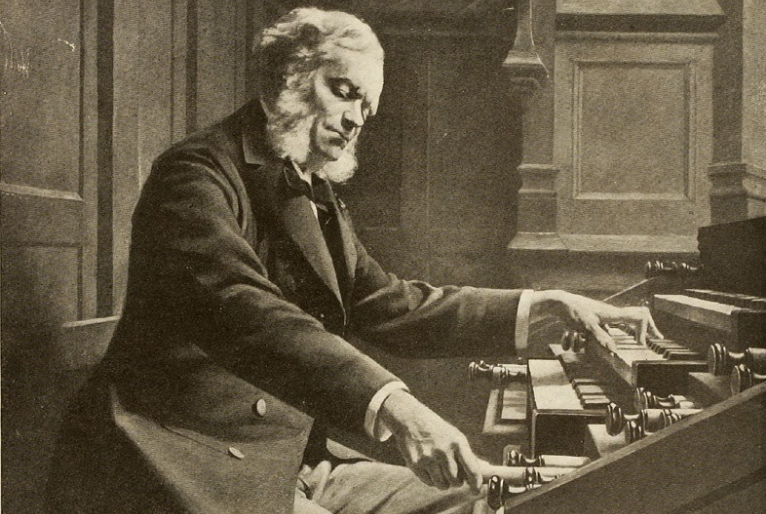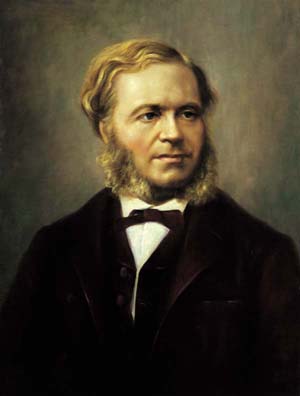César Franck, a Belgian-born composer and organist, is considered one of the great figures of French Romantic music. His deeply spiritual and emotional compositions, as well as his masterful organ works, have earned him a lasting place in classical music. Here are 10 interesting facts about Franck that shed light on his life, career, and legacy.
1. Belgian Birth, French Career
Although Franck is often associated with the French music scene, he was actually born in Liège, Belgium, in 1822. He moved to Paris at an early age and spent most of his career there, eventually becoming a naturalized French citizen in 1873.
2. A Prodigy from a Young Age
Franck showed extraordinary musical talent from a young age. By the time he was 12, he had already begun performing publicly, and his early compositions revealed a precocious gift for harmony and melody. His father, recognizing this talent, pushed him hard toward a professional career in music.
3. Influence of German Romanticism
Though Franck is considered a French composer, his works bear the influence of German Romanticism, especially that of composers like Beethoven and Liszt. Franck had a profound admiration for the music of these German giants, which helped shape his own compositional style.
4. Master Organist at Sainte-Clotilde
In 1858, Franck was appointed organist at the Basilica of Sainte-Clotilde in Paris. It was here that he became renowned for his improvisational skills and developed a distinct style of organ playing. He held this post for over 30 years and composed many of his organ masterpieces while serving at Sainte-Clotilde.
5. A Late Bloomer as a Composer
Unlike many composers who achieve success early in life, Franck’s most famous compositions came late in his career. His best-known works, including the Symphony in D minor and the Violin Sonata in A major, were written after he turned 60.
6. Franck’s Famous Students
Franck was a dedicated teacher, and many of his students went on to become prominent composers and musicians. Some of his most famous pupils include Vincent d’Indy, Ernest Chausson, and Paul Dukas, all of whom carried forward elements of Franck’s compositional style into the next generation.
7. The “Franck Circle”
Franck’s influence extended beyond the classroom. He became the center of a group of younger French composers known as the “Franck Circle” or “Franckists.” This group sought to promote his music and ideals, helping to establish his reputation as one of the leading composers in France.
8. The Famous Violin Sonata’s Origin
One of Franck’s most celebrated works, the Violin Sonata in A major, was composed as a wedding gift for the violinist Eugène Ysaÿe in 1886. The piece has since become a cornerstone of the violin repertoire, admired for its lyricism and deep emotional intensity.
9. Spiritual and Mystical Themes
Many of Franck’s works reflect his deep spirituality and interest in mysticism. His religious devotion is evident in much of his music, particularly in his organ works and sacred compositions, which often evoke a sense of transcendence and inner contemplation.
10. Posthumous Recognition
While Franck was respected during his lifetime, he did not receive widespread acclaim until after his death in 1890. Today, his music is celebrated for its harmonic richness, formal innovation, and profound emotional depth, placing him among the great composers of the Romantic era.
These fascinating aspects of César Franck’s life and work reveal a composer who was not only deeply devoted to his craft but also instrumental in shaping the future of French music. His legacy endures in the concert hall and in the hearts of musicians and listeners worldwide.


Comments are closed